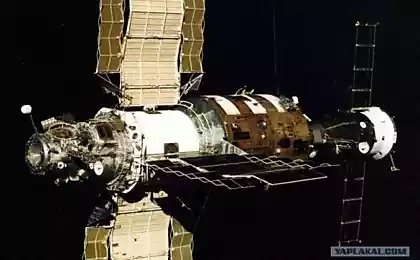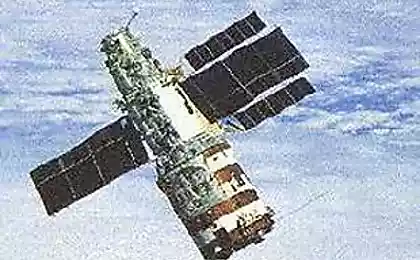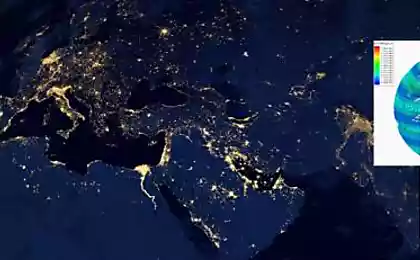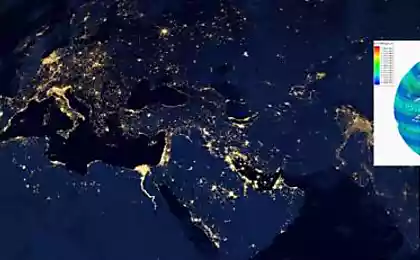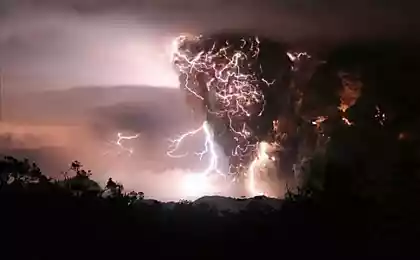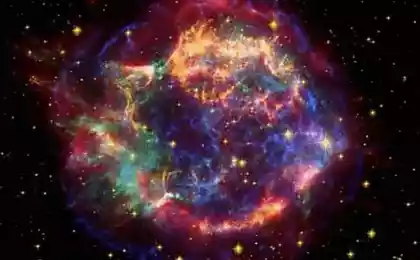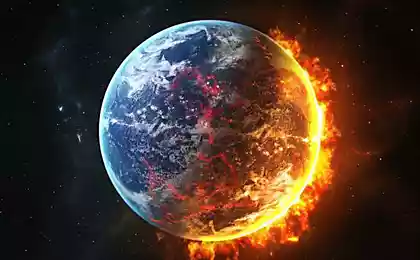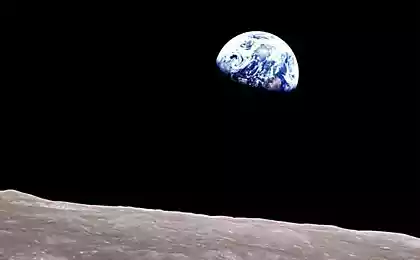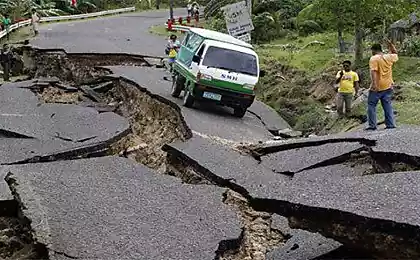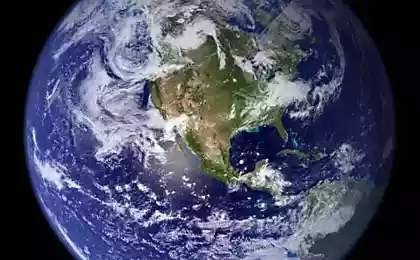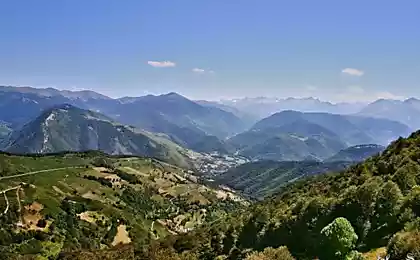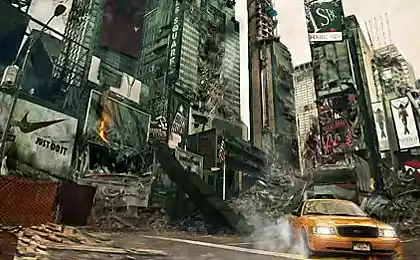636
10 amazing things will happen if the world stops
Seventy three million seven hundred forty one thousand nine hundred thirty five
No wonder Hollywood filmed so many movies about the Apocalypse — many terrible and curious about what will happen with the Earth and with us, if happens some kind of attack.
Here we at the Website decided to find out what would happen if the Earth suddenly stops (and it really gradually slows down the rotation), studied the scientists drew on this theme gifs.
1. All the objects inertia will fly to the East with great speed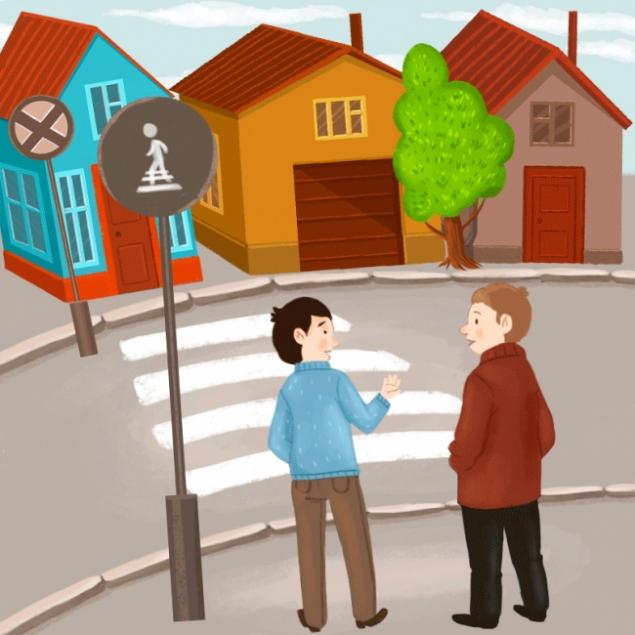
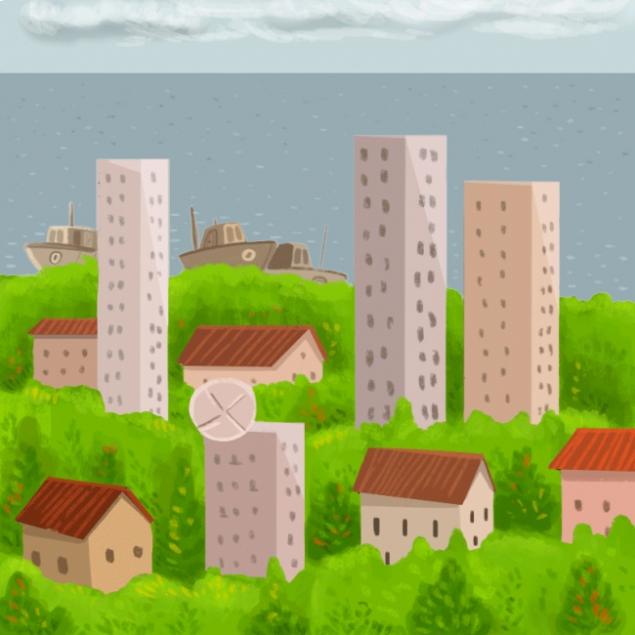

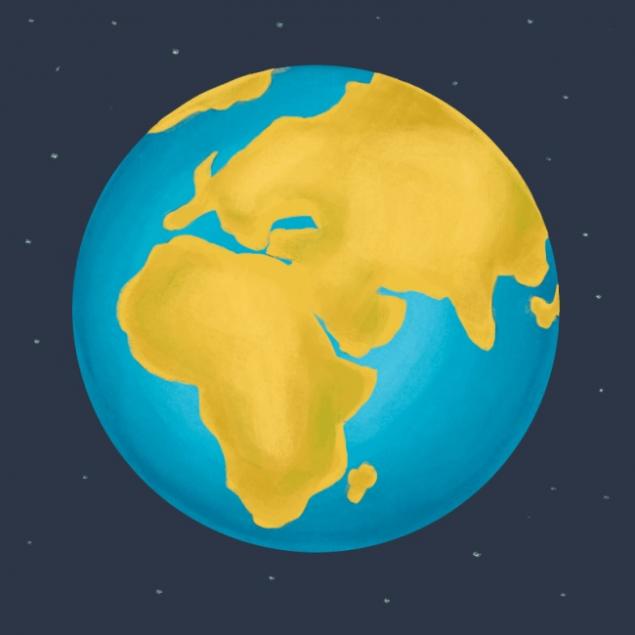
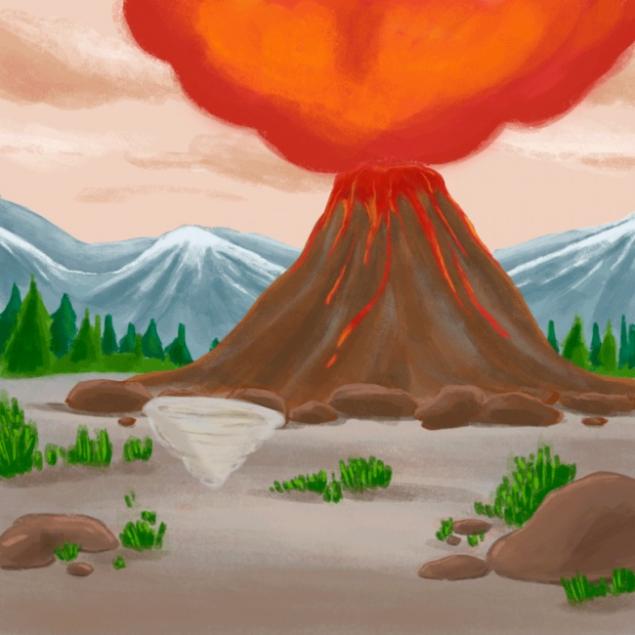
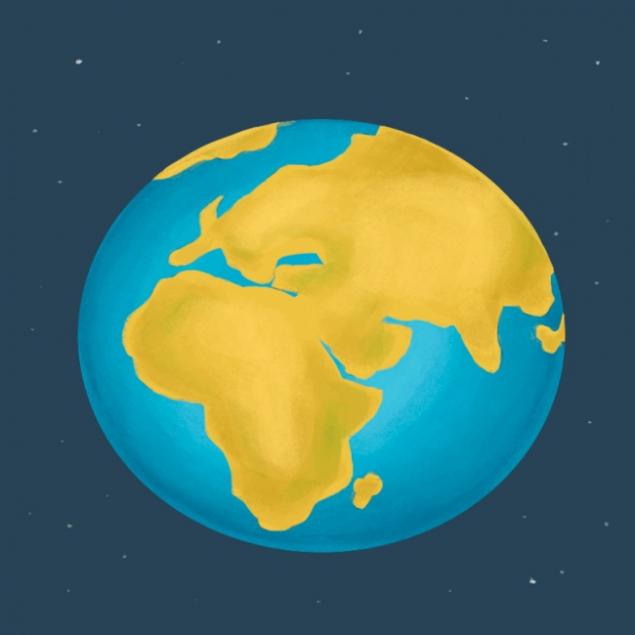
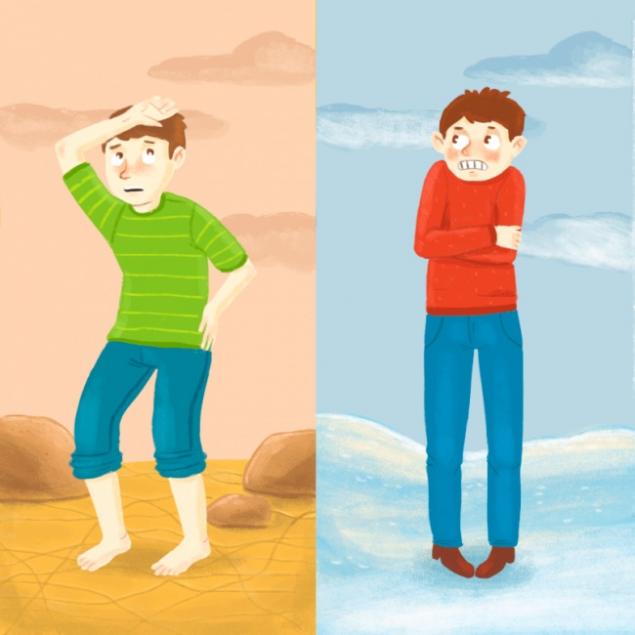
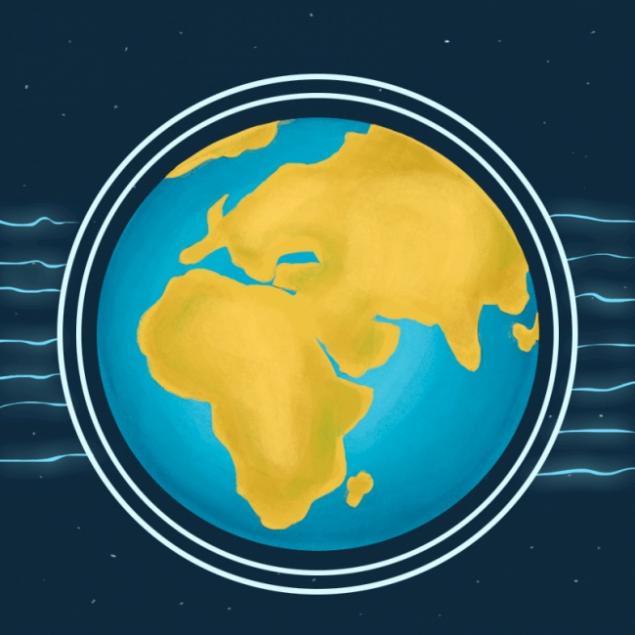
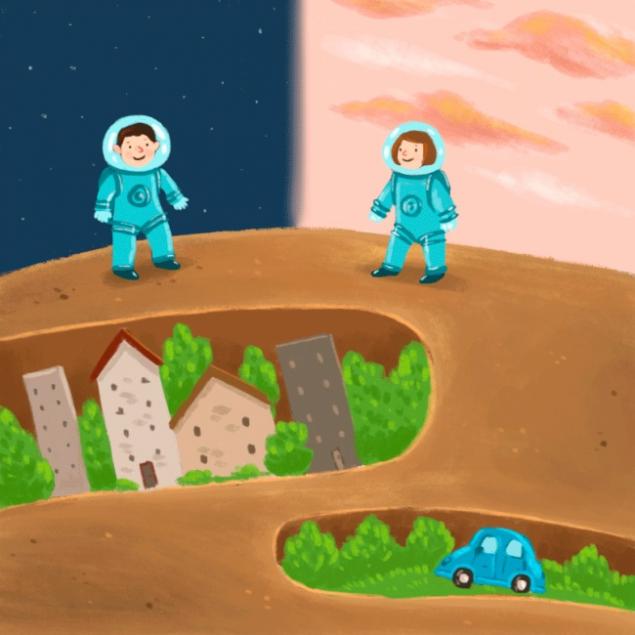
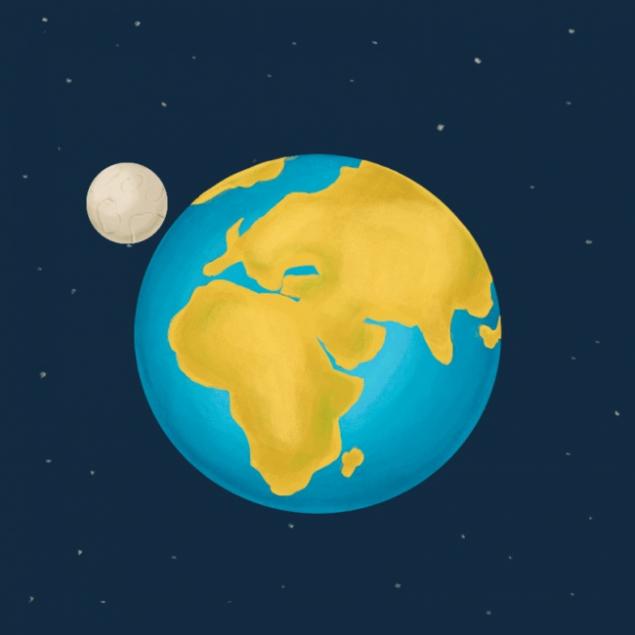
In General, the Earth's rotation is actually slowing down. In my "youth" it spun much faster — a day lasted only 6 hours. The force of attraction of the moon causes the tides, year after year to retard the speed of rotation of the Earth. NASA has estimated that every century, the length of day is increasing by 2.3 milliseconds. Through billions of years, the day will be several times longer, and the Earth might not stop.
Illustrator Natalia Kulakova specifically for the Website
via bowie.gsfc.nasa.gov/ggfc/tides/intro.html
No wonder Hollywood filmed so many movies about the Apocalypse — many terrible and curious about what will happen with the Earth and with us, if happens some kind of attack.
Here we at the Website decided to find out what would happen if the Earth suddenly stops (and it really gradually slows down the rotation), studied the scientists drew on this theme gifs.
1. All the objects inertia will fly to the East with great speed

- We do not pay attention to what great speed the Earth rotates. But if suddenly it abruptly stops, says physicist and astronomer from NASA's Sten Odenwald (Odenwald Sten), people, cars, houses and everything on its surface will break (as the passengers in the bus slowed sharply) and inertia will quickly fly to the East, and then fall to the ground. The speed at the equator is very high — more than 1 600 km/h, closer to the poles — more than 1 300 km/h.

- The force of inertia will make moving water in the seas and oceans, and strongest, tsunami of unimaginable power, moving to the East, will cover the land and engulf coastal cities.

- After stopping the Earth's atmosphere will also continue their movement, carried away by the force of inertia, and "rotated" around the planet, perhaps several times. The initial velocity of the air flow will be huge — more than 1 700 km/h, against such a hurricane, nothing can stand. It may well be that part of the atmosphere the Earth will lose.

- Now due to the centrifugal force, the water tends to the equator, and after a stop of the Earth to the redistribution of land and water. Ocean water closer to the poles, and there will be 2 huge ocean — North and South. And the land near the equator will come out of the water and forms a single giant continent, encircling the Earth like a ring — a new Pangaea.

- If the planet abruptly stops, the huge kinetic energy of the Earth and the inertia force will shake it to the ground — all the layers of the planet will come to the excitement. The result is predictable: the strongest hurricanes, countless volcanoes and devastating earthquakes.

- The shape of the geoid the Earth receives due to rotation — it is slightly flattened at the poles and forms a bulge towards the equator due to centrifugal force (see lecture of Professor Etienne from his University ENS de Lyon). After stopping the planet shape will be more close to spherical.

- If the Earth will make one revolution around the Sun, then one side will be eternal day and the other eternal night. The sun will heat one hemisphere to such an extent that there would always be a hell of a hot, and hotter, just to be on the equator, and a little cooler closer to the poles. The second half will remain in the dark and has cooled to Arctic temperatures. Another scenario according to the version of NASA: the Earth did not spin even once in 365 days, and then day and night would succeed each other, and continue for 6 months.

- The Earth's magnetic field is created due to processes in the outer core, consisting mainly of iron, and the rotation of the planet (this, of course, simplistic, it is actually harder). If the rotation stops, then the magnetic field will disappear, predicts Sten Odenwald. It protects the planet from solar wind — charged particles hurtling towards the Earth from the sun from the depths of space, and harmful to all living things.

- If mankind can adapt to new conditions, but only in the transitional zone at the border of day and night. It will have to move underground and on the surface to be released only in protective suits due to cosmic radiation.

- If the world stops, then, according to Professor Vaughan Pratt (Vaughan Pratt) from Stanford University, the speed of the moon's rotation gradually slowed down, and the distance to Earth will shrink. After some time she will probably fall to the Ground.
In General, the Earth's rotation is actually slowing down. In my "youth" it spun much faster — a day lasted only 6 hours. The force of attraction of the moon causes the tides, year after year to retard the speed of rotation of the Earth. NASA has estimated that every century, the length of day is increasing by 2.3 milliseconds. Through billions of years, the day will be several times longer, and the Earth might not stop.
Illustrator Natalia Kulakova specifically for the Website
via bowie.gsfc.nasa.gov/ggfc/tides/intro.html
How many trees you have per capita in different countries
11 situations in which the whole point of female friendship
